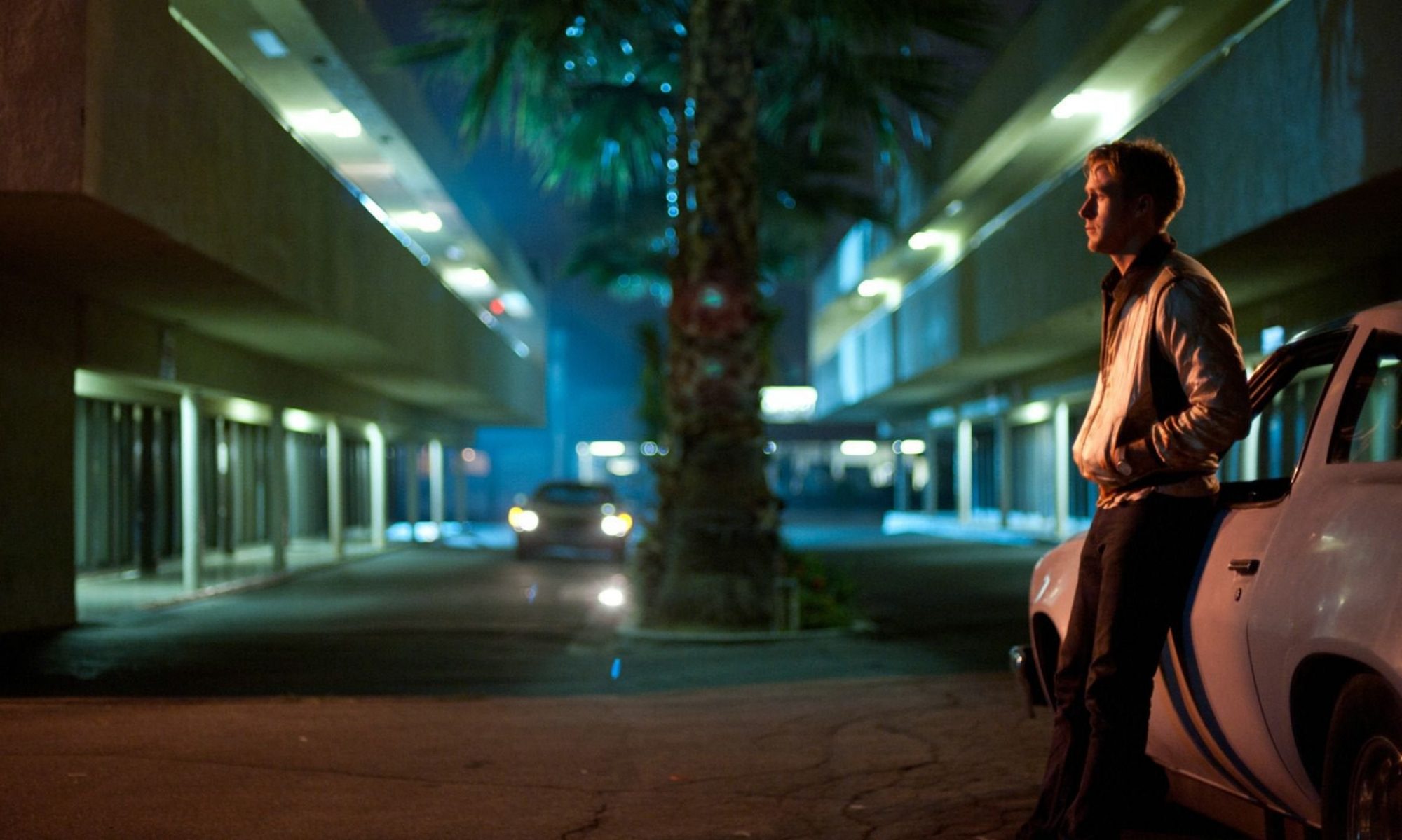Two short film reviews, and two films which are pretty different despite the fact that they rhyme. Anyway, read on.
Maestro
I wasn’t particularly elated going into this one, but it’s a Best Picture nominee, so it needed a watch. I’m also not a huge fan of Bradley Cooper, but he’s pretty solid enough here as the charismatic composer in question (Leonard Bernstein, if you’d like to know), and the nose controversy doesn’t impact his physical performance. The film makes little effort to break out of the standard biopic structure, although Carey Mulligan puts in a typically stellar performance as Bernstein’s long suffering wife Felicia Bernstein. Mulligan can communicate emotions in a single smile that many actresses would take minutes to convey. The film’s been in the works for about 15 years, going through BNoCs (Big Names on Campus) like Scorsese and Spielberg), before the directorial role was given to Cooper himself (who also handpicked the compositions for the film), although the two legendary directors are still listed as executive producers.
Now, let’s stop with the excessive use of those irritating brackets. The cinematography and soundtrack certainly reach their aim in evoking the world of old Hollywood, but it’s difficult to decipher much about Bernstein himself. And not ‘difficult’ in the compelling sense of mystery and laconicism, just difficult to get anything worthwhile out the character beyond the surface. As such, Mulligan becomes the narrative focus as she weathers her husband’s various infidelities and raises their family. Although Stranger Thing’s Maya Hawke makes an impact as Bernstein’s daughter Jamie, the film’s central focal point remains the Bernsteins, and the narrative unfortunately runs too cold when one part of the pair remains a lot more enthralling than the other.
Society of the Snow
The second depiction of the ’72 Andes flight disaster (Piers Paul Read’s Alive was released 30 years earlier) gained plenty of awards attention upon release, including a Best Non-English Language Film nomination at the Golden Globes, and deservedly so. Based around hours of interviews with the survivors, who many of the film’s largely unknown cast had contact with, it documents the event with technical nuance as we’re lead through scenes of hope, fear and terror while tensions rise within the dwindling number of survivors.
J.A. Bayona, already versed with depicting real-life tragedies on-screen with 2012’s The Impossible, invests the narrative with heart and poignancy through the voice of Numa, who acts as the film’s stoic narrator as the remaining men try to maintain sanity. Michael Giacchino (Up, Jurassic World: Fallen Kingdom), a longtime friend of Bayona, takes charge of the score to accompany the human strife that takes place, and reportedly found it the most difficult challenge of his career so far. While he struggled to authentically depict the voices of the survivors in music, he employed a vocal choir who sang in the indigenous Andes language of Mapauche to convey the voices of those who didn’t make it back from the tragedy. By employing a minimal orchestra , Giacchino evokes the terrifying alien environment in powerful aural form. Society of the Snow isn’t a film for the faint-hearted, even though the outcome is already known, but if you’re willing to invest the effort, it’s a powerful illustration of the human spirit in all its determination.

This website was… how do I say it? Relevant!!
Finally I’ve found something which helped me. Kudos!